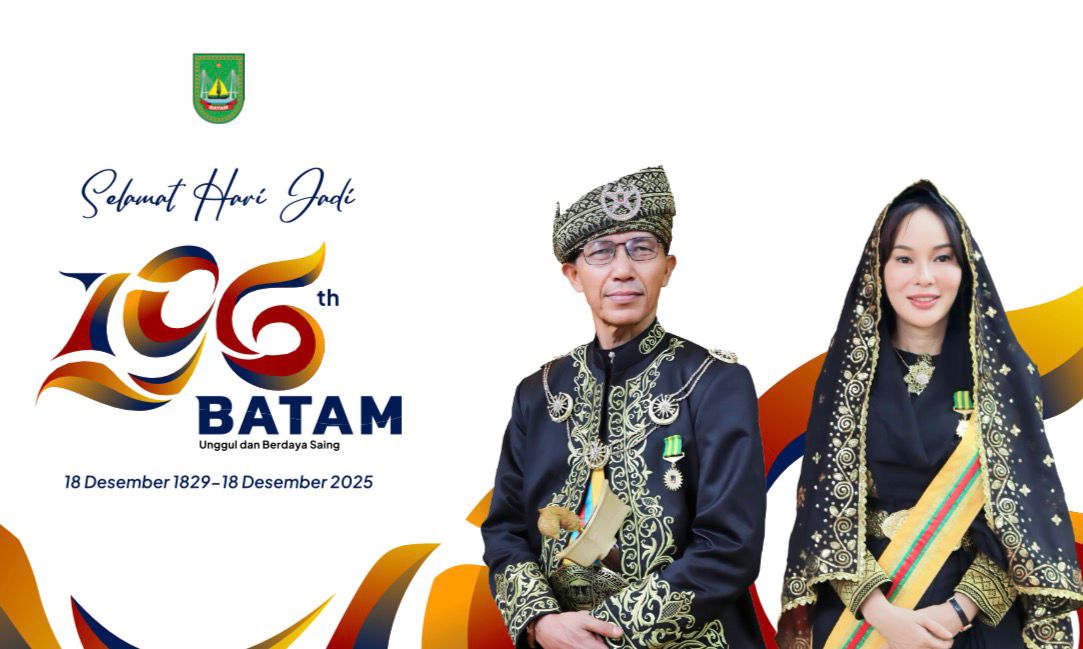Jakarta. March 28, 2024. At the moment, the public has grown accustomed to English slang terms such as FYI (for your info), ASAP (as soon as possible), and TGIF (thank God it’s Friday). These abbreviations have become old friends to millennials, born between 1981 and 1996. But as Generation Z (born 1997-2012) steps into the spotlight, the tapestry of English slang grows and becomes more vibrant. From OML (on my life) and IYKYK (if you know, you know), to FR (for real?) and GYAT (what! or wow!-borrowed straight from everyday expressions), and not forgetting ‘no cap’ (speaking honestly).
In terms of usage, it seems that Gen Z has taken the reins, weaving English (both formal and informal) seamlessly into their daily discourse, whether it’s spoken or written. But does this mean Gen Z reigns supreme in mastering foreign languages, particularly English?
Anak Agung Ayu, a Gen Z and also a university student in Malang, confesses to engaging in casual English in her conversations with peers, recognizing the vital importance of fluency. “To me, being fluent in English is a must. It’s a crucial aspect of our future endeavors,” stated Ayu, who is currently interning at an edtech company in Jakarta.
The rise of “keminggris” in Bahasa (a term coined for the fondness for all things English) among Gen Z can be attributed to their upbringing in the digital age. From an early age, they’ve been exposed to foreign languages through gadgets and the vast expanse of social media.
Yoshua Yanottama, Head of Learning Labs at Edtech Cakap, sheds light on Gen Z’s involvement in global cultural exchanges through myriad channels. Beyond the realms of social media, platforms such as gaming, forums, and various online pursuits expose them to the nuances of English. “English reigns supreme as the lingua franca of the internet. It’s a trend that bodes well for Gen Z,” according to Yoshua.
Yet, in spite of this linguistic whirlwind, research from a global language institute reveals a surprising twist: a decline in English proficiency among Gen Z, a stark contrast to their outward enthusiasm. A report from the Education First Proficiency Index in 2023 unveiled a drop in language skills among 18-20-year-olds (born 2003-2005), while the generation above them (millennials) showed improvement.
Yoshua further elaborated that while Gen Z floods the gates of learning platforms like Cakap, it’s the older millennials who ultimately commit to mastering the language. Throughout 2023, the majority of English learners on Cakap were dominated by the 20-29 age group (largely Gen Z), comprising 21% male and 23% female. Then followed the millennials (aged 30-39), with 11% male and 10% female. “Perhaps these generations have different needs; millennials are entrenched in the workforce, requiring language skills to navigate their professional realms, thus elevating the urgency for formal language learning,” Yoshua added.
Talking back about English slang words among Gen Z, Yoshua perceives it as a rebellion against the shackles of conventional language learning. Those who embrace slang seek to emphasize meaning and intention over rigid grammatical structures. “It’s a positive trend, signifying a shift towards modern and effective language learning grounded in communicative approaches. The passion is palpable; it just requires fine-tuning,” Yoshua concluded.
“In school, we grasp the basics; as we grow, we glean more from the boundless expanse of social media,” stated Obelix Son Wianto, a Gen Z communication student.
Each individual’s journey of exploration is unique, necessitating learning platforms that foster comfort and support. Regardless of generational differences in language proficiency, Cakap is definite about the linguistic potential within every individual, extending support to anyone who hones their linguistic prowess.
About Cakap
About Cakap
Cakap is an Indonesian EdTech company that develops an upskill learning platform. It connects students with professional teachers and industry experts through various learning methods. Cakap provides two-way learning interactions for learning skills to elevate people’s lives. Available on Google Play, App Store, Desktop to reach diverse user segments. Cakap believes everyone deserves a quality education. Cakap provides educational solutions with an international standard learning curriculum to provide the best online learning experience.
Press Release ini juga sudah tayang di VRITIMES












